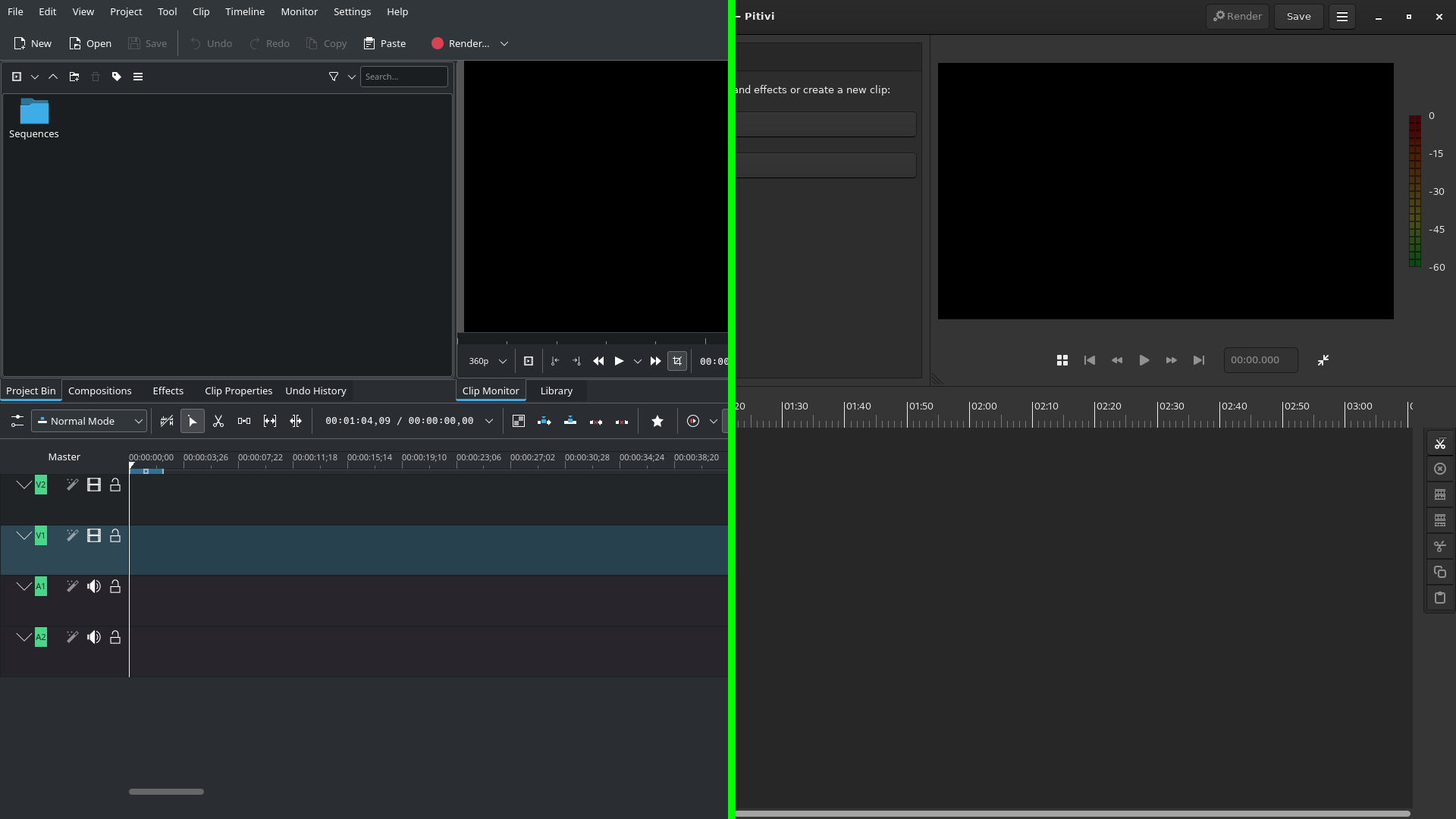this post was submitted on 30 Aug 2023
44 points (100.0% liked)
Linux
1259 readers
88 users here now
From Wikipedia, the free encyclopedia
Linux is a family of open source Unix-like operating systems based on the Linux kernel, an operating system kernel first released on September 17, 1991 by Linus Torvalds. Linux is typically packaged in a Linux distribution (or distro for short).
Distributions include the Linux kernel and supporting system software and libraries, many of which are provided by the GNU Project. Many Linux distributions use the word "Linux" in their name, but the Free Software Foundation uses the name GNU/Linux to emphasize the importance of GNU software, causing some controversy.
Rules
- Posts must be relevant to operating systems running the Linux kernel. GNU/Linux or otherwise.
- No misinformation
- No NSFW content
- No hate speech, bigotry, etc
Related Communities
Community icon by Alpár-Etele Méder, licensed under CC BY 3.0
founded 5 years ago
MODERATORS
you are viewing a single comment's thread
view the rest of the comments
view the rest of the comments

Nix is a big rabbit hole. You can use it as a normal package manager, but there's a lot more.
You can also use nix-shell to temporarily install packages, it drops you into a shell with your package and that package is gone when you exit the shell. You can also declare a shell using a shell.nix file with environment variables and packages you want (including specific versions) and enter that shell by running nix-shell.
You can also declare your full user environment using nix home manager. Using a home.nix file you can list packages you need and configure everything. That also makes it easy to backup your user environment by just copying the home.nix file.